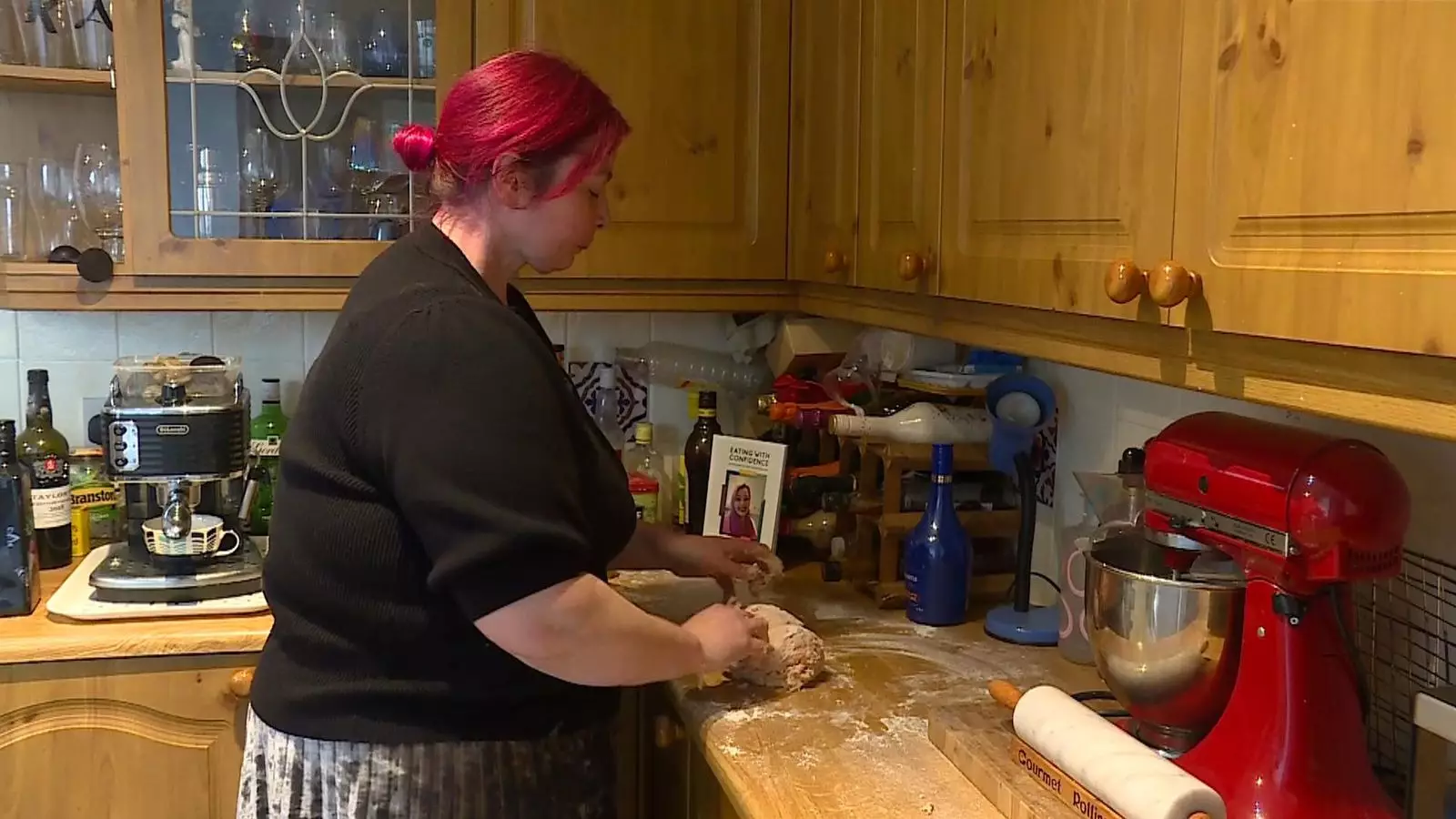In a world where culinary experiences often define our social interactions, the story of Laura Marston strikes a profound and somber chord. As an enthusiastic foodie and culinary expert, Marston viewed cooking and baking not just as hobbies but as essential components of her identity. Unfortunately, a mouth cancer diagnosis in 2019 drastically altered her relationship with food and dining. The significance of her story becomes particularly acute in light of alarming statistics released by the Oral Health Foundation, which recently reported that mouth cancer cases in the UK have exceeded 10,000 for the first time. This article delves into the implications of Marston’s journey and the broader context of mouth cancer awareness today.
The escalating rate of mouth cancer is not merely a number; it represents a growing health crisis that demands urgent attention. The statistics are sobering: a staggering increase of 133% in cases over the past two decades and over 3,600 lives lost to this disease last year alone. What is even more troubling is that the condition is not limited to older adults; Laura was just 39 when she was diagnosed. This highlights a critical aspect of public health: the necessity for early detection and intervention. The reality is that countless individuals who may be at risk are unaware of the symptoms and are consequently losing precious time for effective treatment.
Marston’s experience with her diagnosis showcases the harrowing journey many face when encountering serious health issues. Despite repeated consultations with healthcare professionals, it took months for her mouth cancer to be accurately diagnosed. By the time the disease was confirmed, Marston had lost her ability to speak and eat normally, necessitating the removal of her tongue. This grim reality can instill a sense of helplessness in patients, who may grapple not just with physical symptoms but with emotional and psychological repercussions. The phrase “brutal reality” perfectly encapsulates Marston’s experience as she navigated a world where her love for food was fundamentally altered.
The Fight for Food: Relearning Life’s Simple Pleasures
In the wake of her diagnosis and treatment, Marston embarked on a remarkably courageous journey to adapt her lifestyle. Learning to eat and speak again proved to be a significant challenge, reflecting a broader theme in the lives of cancer survivors: the battle to reclaim normalcy. Cooking had been her passion, yet now it required meticulous planning and deliberation. Marston openly admits to the fear of choking and the daunting task of meal preparation. This emphasizes a critical point: living with mouth cancer often means facing newfound limitations that force individuals to rethink how they engage with something as fundamental as eating.
Dr. Nigel Carter OBE from the Oral Health Foundation has called for increased public awareness regarding mouth cancer signs and risk factors. As he highlights, the risks associated with smoking and excessive alcohol consumption remain significant, but a worrying trend is emerging with more cases linked to the human papillomavirus (HPV). It’s crucial to underscore that mouth cancer does not discriminate; it can affect anyone, regardless of age or background. Education and awareness are imperative if society hopes to reverse the troubling trend of late diagnoses and high mortality rates associated with this form of cancer.
The urgency of the situation is further underscored by comments from the UK’s Department of Health and Social Care, which acknowledges systemic failures in healthcare infrastructure. Their commitment to improving diagnoses through better resource allocation speaks to a fundamental truth—timely detection is paramount for improving survival rates. While Laura Marston’s personal story reflects an individual struggle, it also serves as a rallying cry for awareness, change, and a collective effort to better equip healthcare systems in the fight against mouth cancer.
—
Laura Marston’s narrative illustrates the complex and daunting realities faced by mouth cancer patients. Still, it also offers hope and inspiration for resilience and adaptation. As we reflect on her journey, the message becomes clear—each of us must take proactive steps toward understanding our health and advocating for early detection to truly combat this rising epidemic. Only then can we contribute to a future where stories like Marston’s become the exception rather than the rule.

